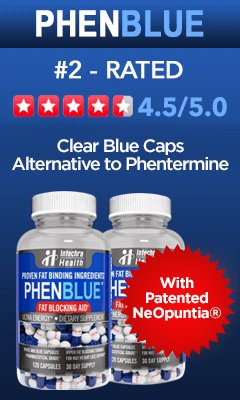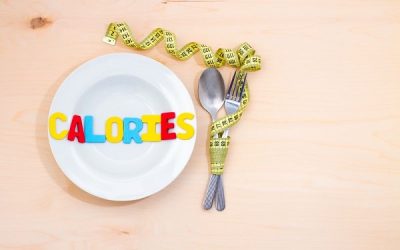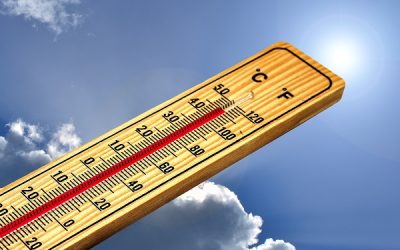Have you been doing a dry January, planning a dry February, or thinking of skipping alcohol for all of 2020? The trend of scrapping alcohol for the first month of the new year has become a traditional one for many people as they recover from a holiday season of overindulgence.
Why People Choose a Dry January
There are many reasons a dry January appeals to people every year. Some feel it is putting themselves back on track to the “normal” they were enjoying before holiday excesses began. Others feel it is more of a “detox” and eliminate some of the unwanted substances they consumed over the last month or two. That said, everyone who does it has self improvement in mind.
That said, is a dry January really good for you? Is it a healthy move for your body and mind? Are you just wasting your time on a fad? Could you be doing more harm than good?
Though there are many opinions on this type of challenge, overall it is seen as relatively harmless. Moreover, there is a chance that it could be surprisingly beneficial for you provided that you approach it the right way. The main risk is that it is seen as a temporary change that involves deprivation. Those types of effort usually don’t offer much in terms of benefits in the long run. Here’s how to help yourself get the most out of going alcohol free this month.
Get More Out of Drinking Less (or Not at All)
The following are some of the best steps you can take to make sure your dry January doesn’t just benefit you for 31 days this year.
- Know why you’re doing it – If you’re drying out this month because your friends and family are doing it, don’t expect to get everything you could from it. If you’re doing it to help your body recover from the excesses of the holidays and experience the benefits of going alcohol free with longer-term intentions, you’re on the right track. Remember that drinking alcohol in any amount raises your risk of breast cancer, stroke, liver problems and heart disease. Eliminating – or at least limiting – your intake automatically reduces your risk of those conditions to one extent or another.
- Take the time to understand how much you drink on average – While you choose not to drink, take a moment to think about how much you usually do. True, the holidays are usually abnormally high, but how much do you tend to drink for the rest of the year? Do you binge drink? Are you having more than one serving per day more than five times per week? This could be your opportunity to decide to cut back for your own good.
- Pay attention to the benefits it brings you – You may not experience benefits right away. In fact, if you’re a heavy enough drinker, a dry January may be hard for you at first. Wait until the month is done to make your judgment. Pay attention to your health improvements. Check out how much more restful your sleep becomes. Pay attention to your positivity, reduced depression symptoms, energy levels, stronger immune system and better overall mental and physical health. You may even find some weight naturally slides off!
- Re-evaluate your relationship with alcohol – As the end of your dry January approaches, take another look at your alcohol habits and how you will choose to change them over the long term. Come up with a strategy to stick to that and take what you learned throughout the month to make sure it sticks.










